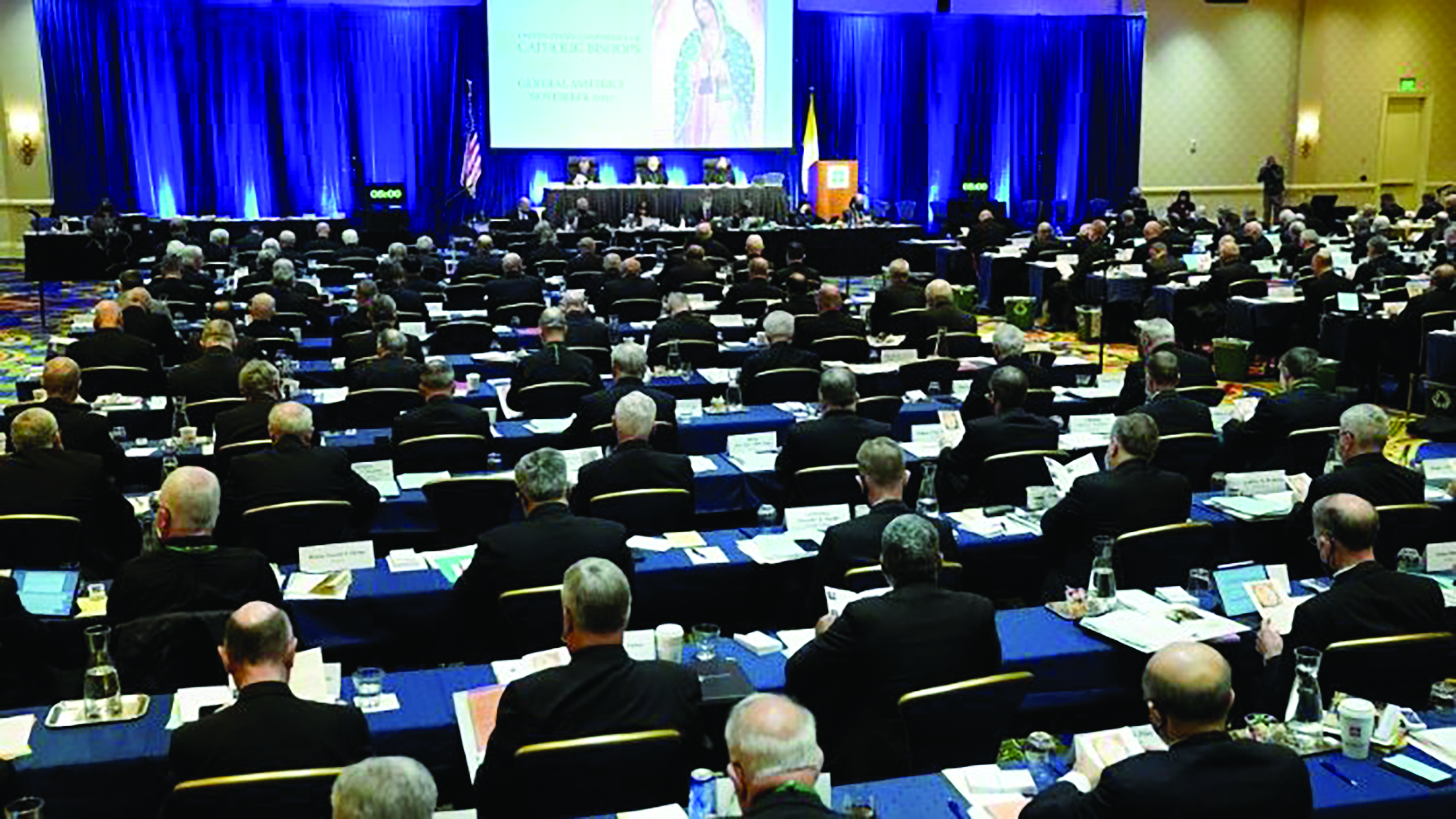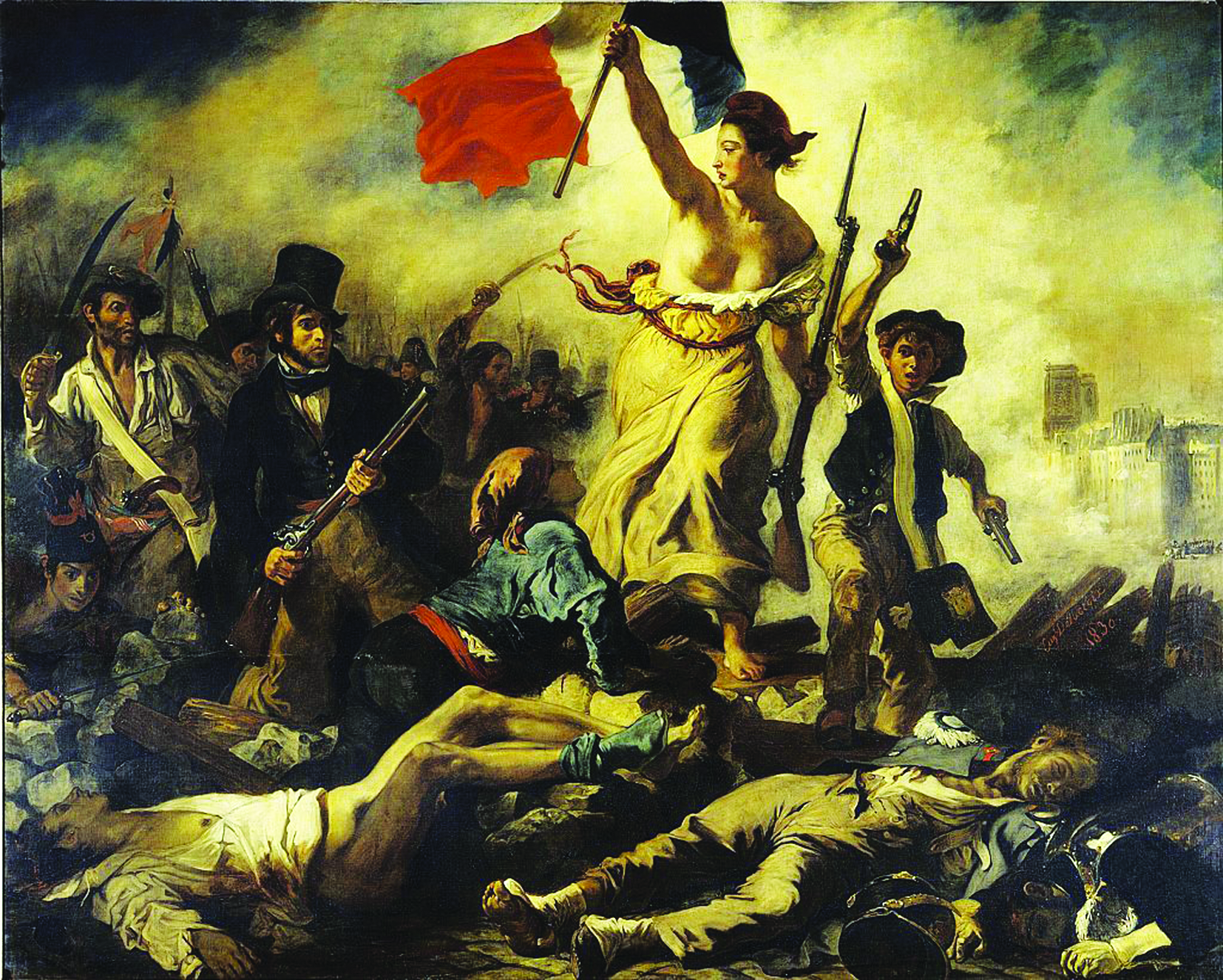It becomes clear in a close reading of the Pope’s new interview that Pope Francis is not changing anything at all about Catholic teaching.
This teaching is centered on the reality of Christ’s redeeming, saving love for sinners — and we are all sinners, most especially so when we think we are no longer so.
The Pope’s aim is not to change Church teaching, but to communicate that teaching in the most effective way possible, given our present context: the post-modern, post-Christian world, and the post-conciliar Church, a half century after the Second Vatican Council (1962-1965).
But even a close reading of the entire text is not be enough to understand the Pope’s meaning. The text also needs to be set in context, a context that is quite complex.
The context is first of all that of this man and this mind.
Pope Francis is an Argentinian, a Jesuit, a man from an Italian Catholic immigrant family who had a certain education and formation, a man who had certain experiences of life.
Above all, Francis had a certain transformative experience of God’s presence, love and forgiveness.
He experienced this in an almost physical way, as God’s forgiveness “descending upon him.”
The experience was on September 21, 1953, the Feast of St. Matthew, when Bergoglio was just 16; the 60th anniversary of that experience was this September 21, and, in fact, Pope Francis spoke about this decisive experience again this year — something most of the media overlooked.
What does this context mean?
It means, essentially, that there is a hierarchy, a “first” and a “second,” in the Pope’s mind with regard to the faith, with regard to drawing close to God.
That is, that there is a “first” and a “second” with regard to entering into that “higher life” which Joseph Ratzinger refers to in the quote cited on the next page — the life of God, of eternity… the life that death cannot touch or take away, where death has no victory…
That there is a “first step,” as for a baby, and then there are many other steps… and that that first step actually must come first before the other steps which are also to come, until the baby walks, then runs…
And this “first,” this “first step” is (very mysteriously)… a grace.
A grace which may be compared to a whisper, a quiet call, a call from a hidden God (Deus absconditus). We often refer to this call, by its effect, as a “calling,” a “vocation”…
A grace which may also be like a thunderclap, or a bolt of lightning, as was experienced by St. Paul — who had been an accessory to the murder, by stoning, of St. Stephen; that is, who was guilty of violence against Christians, and so someone who could and had committed grave sins — on the road to Damascus.
A grace which is an actual encounter with… with…
With Him.
With the Lord, as St. Paul narrates of his experience…
A true meeting, like when one meets another person for a conversation, or to share a joy, or to be comforted in a moment of sorrow…
It would be wrong to confine this moment of grace and encounter to the realm of drama, or to the realm of grand mystical experiences, though in a sense it is all part of a drama, the drama of every soul.
But in Catholic teaching this meeting and encounter may and can occur in absolute silence.
It can occur with no external manifestation, in a moment of prayer (or not in a moment of prayer), often as the product of a long preparation, and often through and in the sacraments of the Church, beginning with baptism, and continuing with confession and the reception of the Eucharist, and with the type of longing for union with God which is reflected in the language of the Song of Songs.
Pope Francis tells us in this same, controversial interview something of his own experience of this moment of grace in his own life.
“I am a sinner whom the Lord has looked upon,” the Pope told Father Spadaro. And the Pope repeated: “I am one who is looked upon by the Lord. I always felt my motto, Miserando atque Eligendo [By Having Mercy and by Choosing Him], was very true for me.”
Father Spadaro then tells us that the Pope’s episcopal motto is taken from the homilies of the Venerable Bede, who wrote in his commentary on the Gospel story of the calling of Matthew: “Jesus saw a publican, and since he looked at him with feelings of love and chose him, he said to him, ‘Follow me.’”
The Pope then added: “I think the Latin gerund miserando is impossible to translate in both Italian and Spanish. I like to translate it with another gerund that does not exist: misericordiando [“mercy-ing”].
Then Pope Francis, Spadaro says, shifted the conversation from his motto and who he is to recollections of walks in Rome(!).
Spadaro writes: “The Pope continues his reflection and says, jumping to another topic: ‘I do not know Rome well. I know a few things. These include the Basilica of St. Mary Major; I always used to go there. I know St. Mary Major, St. Peter’s… but when I had to come to Rome, I always stayed in [the neighborhood of] Via della Scrofa. From there I often visited the Church of St. Louis of France, and I went there to contemplate the painting of The Calling of St. Matthew by Caravaggio.
“That finger of Jesus, pointing at Matthew. That’s me. I feel like him. Like Matthew.”
Spadaro continues: “Here the Pope becomes determined, as if he had finally found the image he was looking for: ‘It is the gesture of Matthew that strikes me: he holds on to his money as if to say, “No, not me! No, this money is mine.” Here, this is me, a sinner on whom the Lord has turned his gaze. And this is what I said when they asked me if I would accept my election as pontiff.’”
Then the Pope whispers to Spadaro, in Latin, the words that he spoke to the cardinals at the moment he knew he was elected: “I am a sinner, but I trust in the infinite mercy and patience of our Lord Jesus Christ, and I accept in a spirit of penance.”
“Not only do we only know God through Jesus Christ, but we only know ourselves through Jesus Christ; we only know life and death through Jesus Christ. Apart from Jesus Christ we cannot know the meaning of our life or our death, of God, or of ourselves.”
—Blaise Pascal (1623-1662), Pensees #417
“The life of him who has risen from the dead is not once again bios, the bio-logical form of our mortal life inside history; it is zoe, new, different, definitive life; life which has stepped beyond the mortal realm of bios and history, a realm which has been surpassed by a greater power… It is also true, of course, that this new life begot itself in history and had to do so, because after all it is there for history, and the Christian message is basically nothing else than the transmission of the testimony that love has here broken through death and thus transformed fundamentally the situation of all of us.”
—Joseph Ratzinger (later Pope Benedict XVI), Introduction to Christianity, 1968
“The most important thing is the first proclamation: Jesus Christ has saved you.”
—Pope Francis, in the new interview
“We cannot insist only on issues related to abortion, gay marriage and the use of contraceptive methods. This is not possible. I have not spoken much about these things, and I was reprimanded for that. But when we speak about these issues, we have to talk about them in a context. The teaching of the Church, for that matter, is clear and I am a son of the Church, but it is not necessary to talk about these issues all the time.”
—Pope Francis, in the same interview
“I see clearly that the thing the Church needs most today is the ability to heal wounds and to warm the hearts of the faithful; it needs nearness, proximity. I see the Church as a field hospital after battle. It is useless to ask a seriously injured person if he has high cholesterol and about the level of his blood sugars! You have to heal his wounds. Then we can talk about everything else…”
—Pope Francis, in the same interview
“For the Holy Ghost was promised to the successors of Peter not so that they might, by His revelation, make known some new doctrine, but that, by His assistance, they might religiously guard and faithfully expound the revelation or Deposit of Faith transmitted by the Apostles.”
—First Vatican Council (1870)
“Anyone accompanying a pilgrim must walk at the same pace as the pilgrim, not ahead and not lagging behind.”
—Pope Francis, Address to the Plenary Session of the Pontifical Council for Social Communications, September 21, Feast of St. Matthew






Facebook Comments